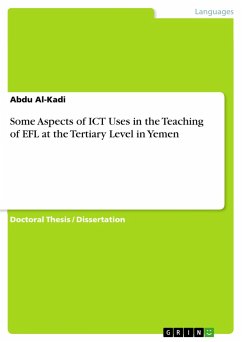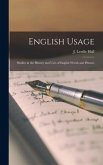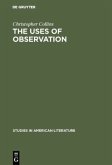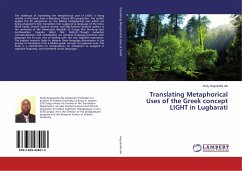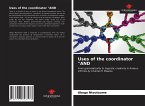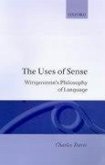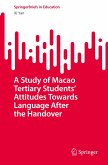Doctoral Thesis / Dissertation from the year 2017 in the subject Speech Science / Linguistics, University of Carthage (ISLT), course: English studies, language: English, abstract: This dissertation intended to (a) elucidate, through a mixed-method research design, how the university EFL learners and teachers utilize available ICT tools/applications and (b) measure the impacts of this usage on the learners' proficiency and academic achievements. Data were collected in three phases: surveys, tests, and observations. The sample consisted of 428 senior students, 40 EFL teachers, and 10 head teachers, recruited from five public universities in Yemen. Of this initial cohort, 131 students were singled out for performance analysis. Again, within this subsample, 20 informants were kept under observation. Two types of data (quantitative and qualitative) were collected. The quantitative data were analyzed by applying appropriate descriptive and inferential statistics by using SPSS. Qualitative data were analyzed subjectively, establishing patterns and categories. Results indicated that most of the ICTs were used on an ad hoc basis. While there were no statistically significant impacts of using ICT on the learners' performance, the respondents hold the view that such appliances offer some opportunities for engagement, interactivity, and motivation to learn English formally and informally. The findings brought to the foreground some pedagogic and linguistic implications and useful points for further research.

